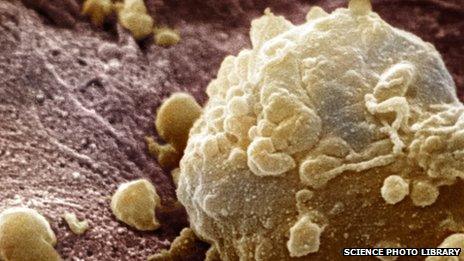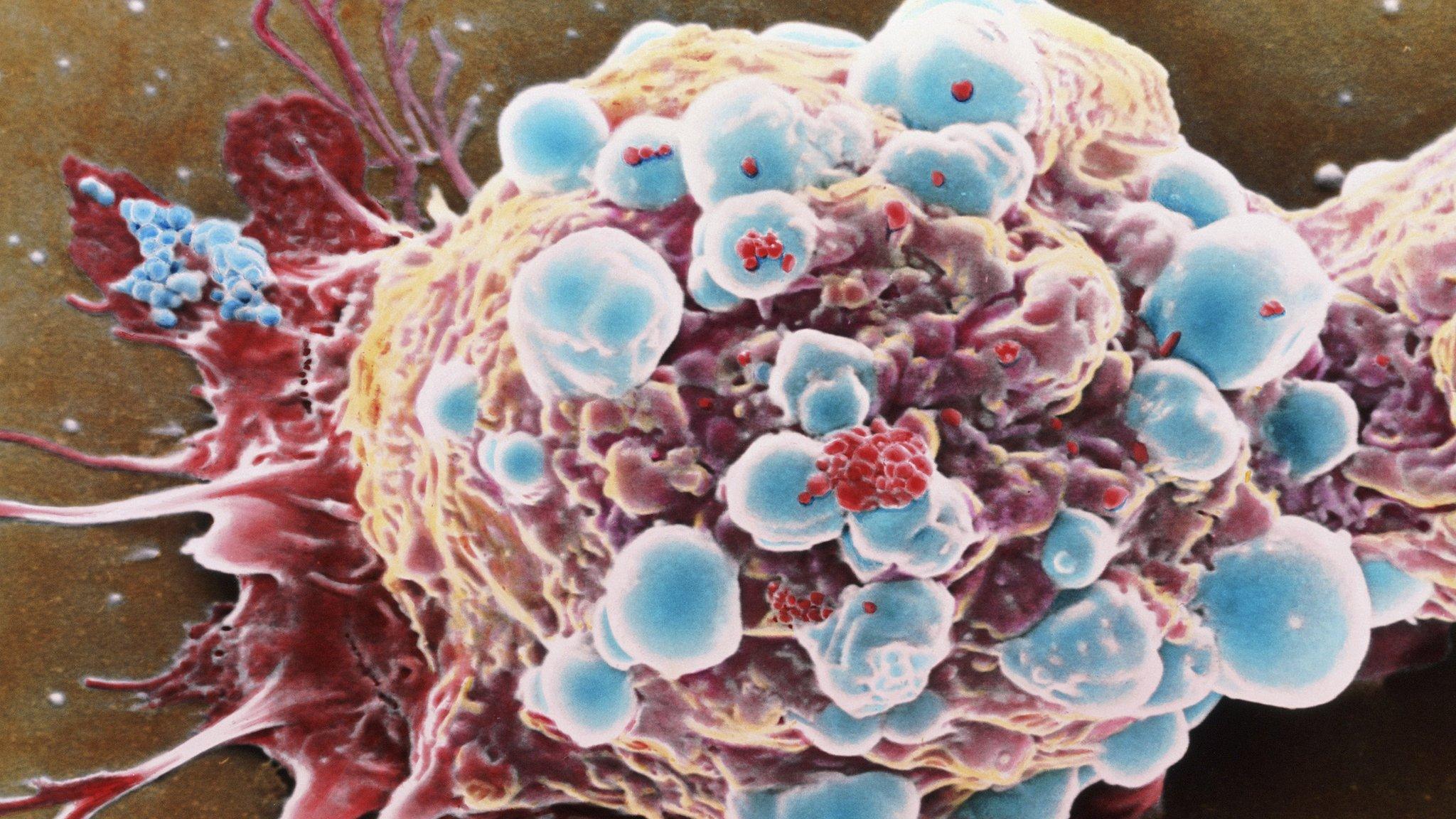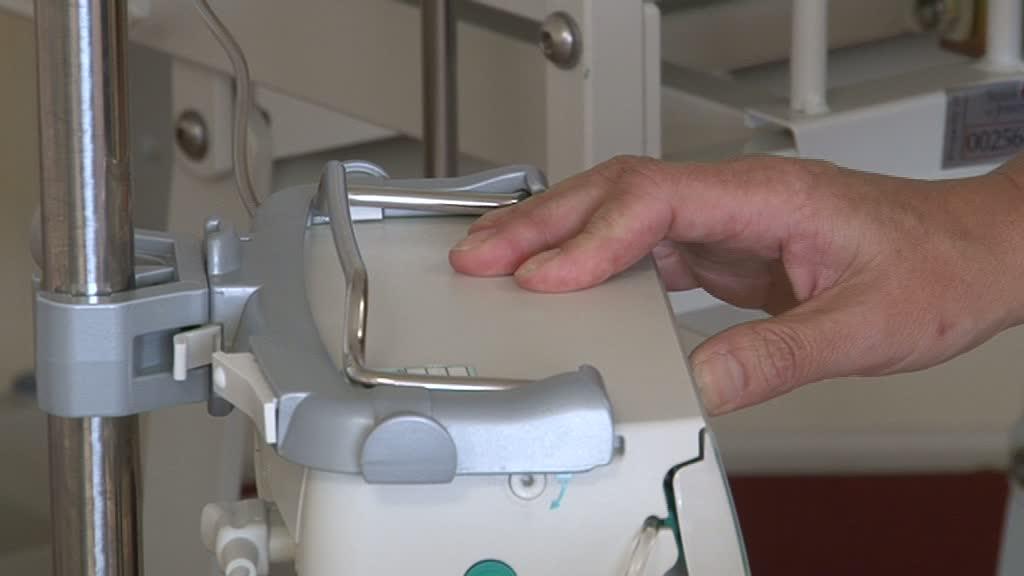Jersey mole check training should reduce waiting lists
- Published
Training Jersey GPs on how to spot cancerous moles should help cut waiting times at the hospital, according to an expert.
Doctors in Jersey are to get the specialist training after money was given by an island melanoma charity.
UK skin expert Dr Stephen Hayes will train family doctors on using a dermatoscope to study moles.
He said giving GPs better training would reduce the number of cases being referred to hospital specialists.
Dr Hayes said: "Melanoma is on the increase and is killing about six people every day in the United Kingdom.
"We are seeing such an increase in the level of anxiety about skin cancer that more people are being referred to specialist and most of them have a completely harmless mole."


Melanoma facts
Melanoma is one of the most common forms of cancer for young adults aged 25-29
The survival rate for patients whose melanoma is detected early is about 99%
The survival rate falls to 15% for those with advanced disease
There are about six melanoma deaths in the United Kingdom every day
The waiting time to see dermatology experts at the Jersey General Hospital is three months

Jersey's medical officer of health, Dr Susan Turnbull, said the island had a high rate of skin cancer cases compared with other parts of the British Isles.
The Donna Annand Melanoma Charity is bringing Dr Hayes to Jersey. The charity was set up in memory of 29-year-old Jersey woman Donna Annand, who died from the disease three years ago.
Jersey Health Department says the waiting list for the dermatology unit at the General Hospital is about three months.
However, a spokesman said: "All moles are seen within six weeks and urgent referrals for suspicious moles within 24-48 hours up to a maximum of a seven-day wait."
Dr Nigel Minihane, chairman of the Primary Care Body in Jersey representing GPs, said he welcomed the move.
He said: "We are the most southerly part of the British Isles and so have the most sunlight exposure therefore, unsurprisingly, high levels of melanoma.
"The more we can do in primary care the better. Waiting lists are rising and the more we can do to take the pressure off our secondary care colleagues the better."
- Published11 April 2014

- Published22 January 2014

- Published1 August 2013

- Published25 September 2011
